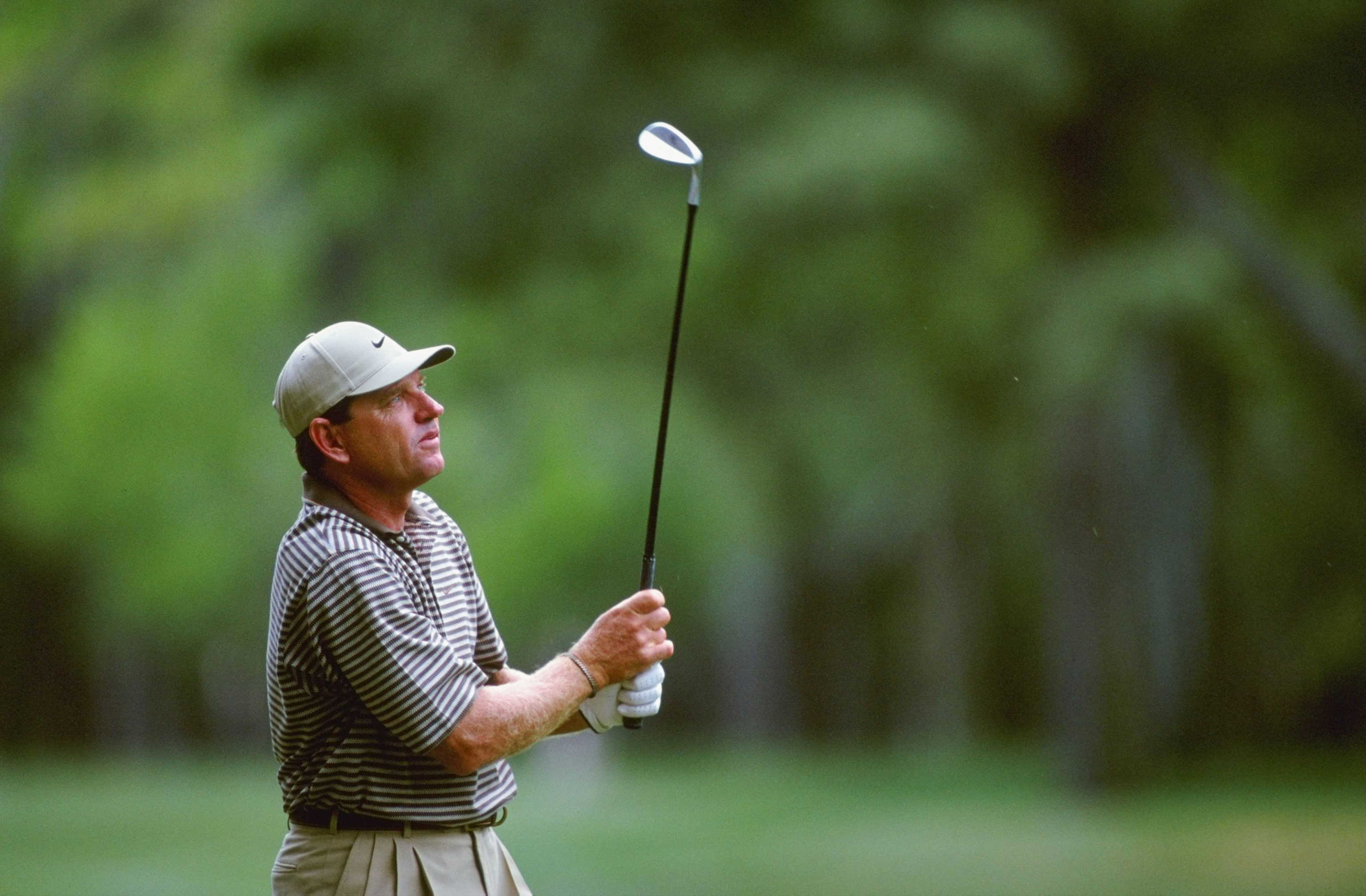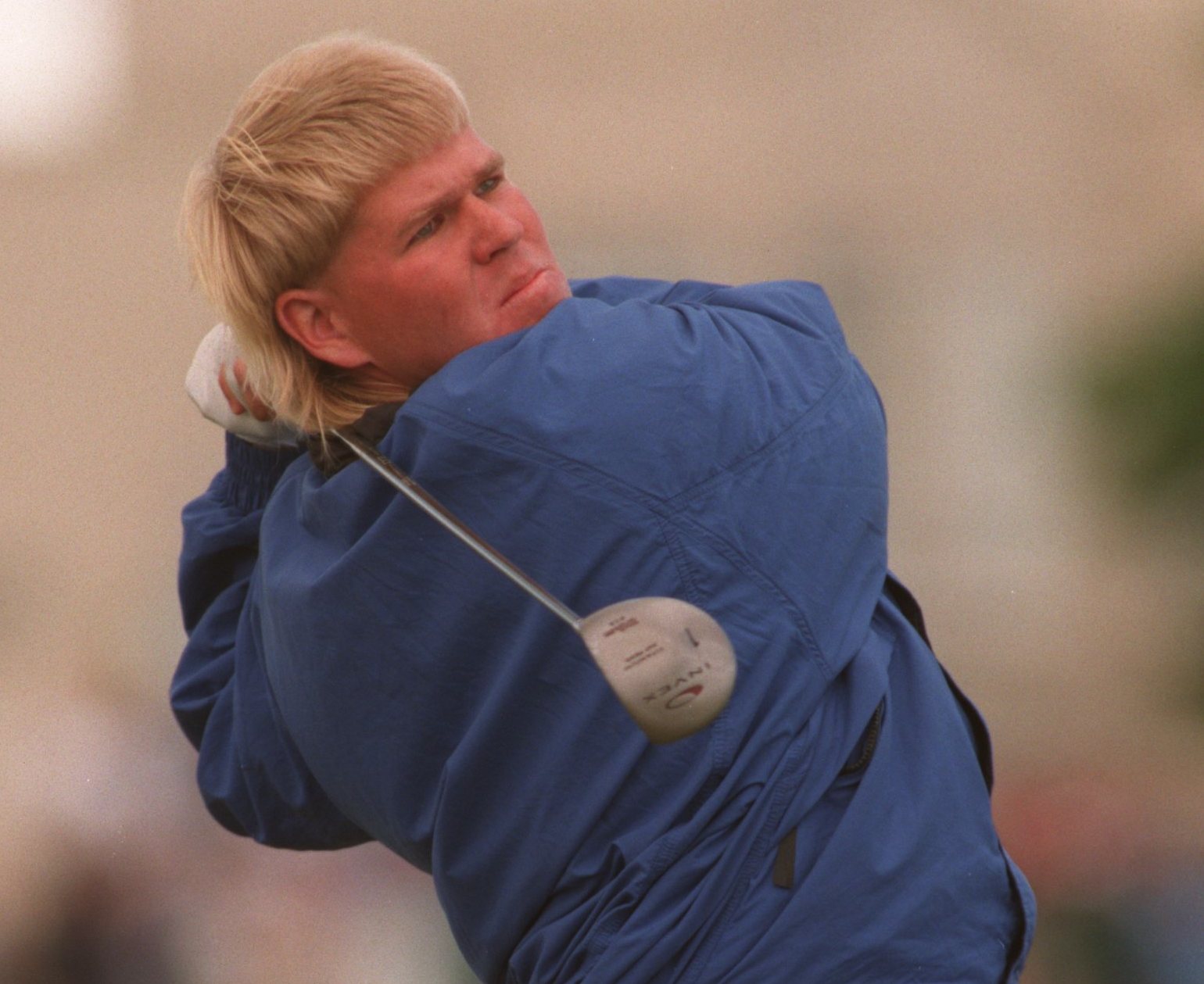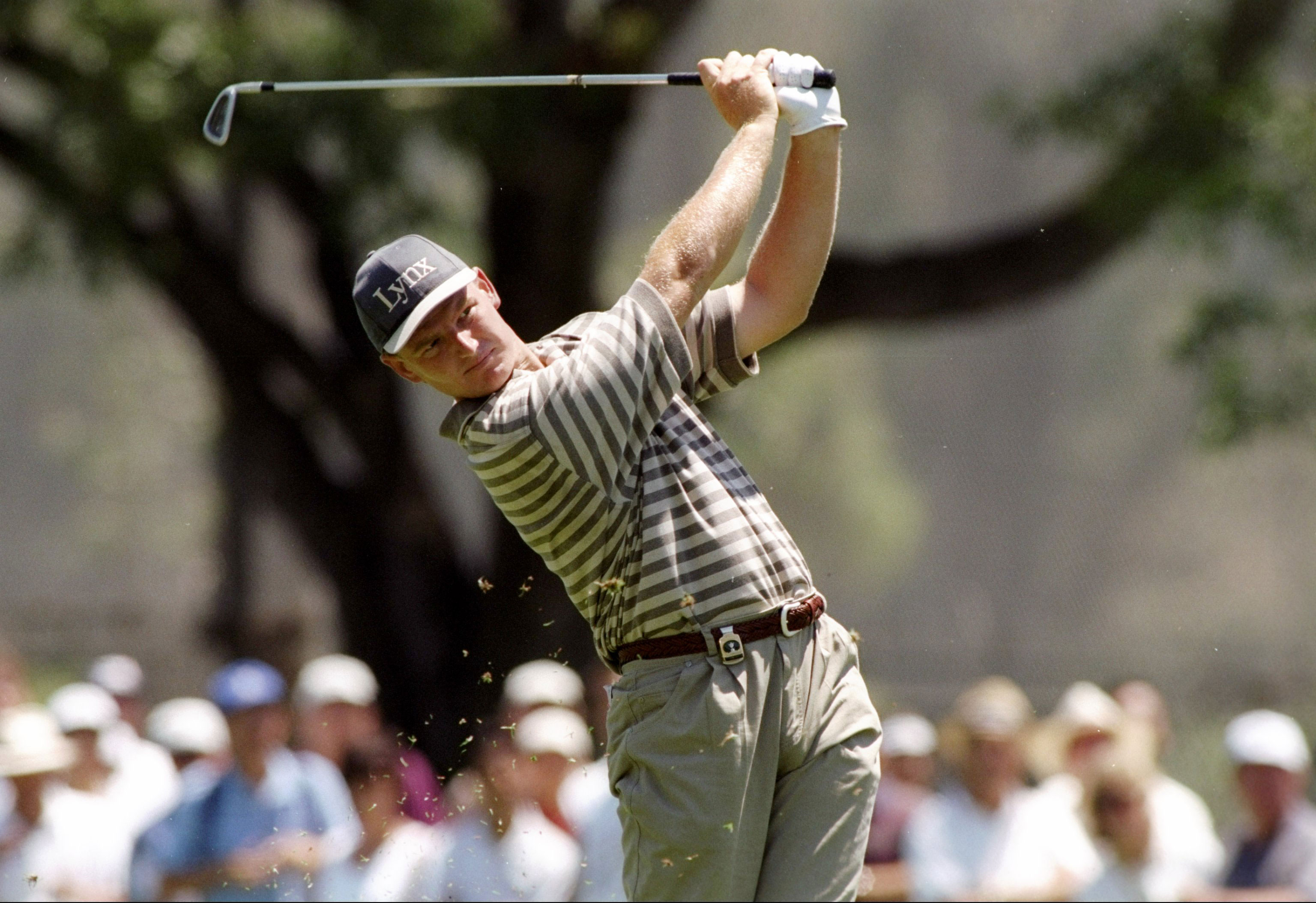What Does Your Golf Swing Say About Your Personality? I Spoke To A Psychologist To Find Out...
Leading sports psychologist Stephen Smith considers a selection of classic swing types and what kind of person is likely to put them into practice.


One of the great things about golf is, although the objective of the game is to get the ball into the hole in the fewest possible strokes, there’s no definitive way to achieve that most successfully.
There are certainly ways that are better than others – when it comes to the long game, it’s better to hit the ball straight and in the correct direction for a start.
But the way that good players manage to do that varies greatly and, through the history of the sport, golfers have employed an incredible selection of swings to shift the ball from A to B effectively.
Some players swing slowly and appear to hardly be moving the clubhead, while others thrash at it like a whirling dervish. Some have a long and looping action; others barely take the club back past waist height.
How do these techniques develop? How do individuals find their own, unique swing? Is it purely physical and down to the capabilities and vagaries of each human body or is there something deeper? Does each person’s distinctive golf swing reflect their inner self?
I went to Stephen Smith - Chief Psychologist and Chair of The Division of Sport & Exercise Psychology at the British Psychological Society – and asked him what a golf swing says about an individual’s personality.
We considered five different swing types favoured by the average amateur and Stephen gave his psychological analysis of each of them.
Subscribe to the Golf Monthly newsletter to stay up to date with all the latest tour news, equipment news, reviews, head-to-heads and buyer’s guides from our team of experienced experts.
Short and sharp

Nick Price has a very brisk action
A brisk, clipped action in the mould of two-time major champion Nick Price. No messing, if you blink, you’ll miss it!
Stephen says – “The classic ‘Type A’ personality. Away from the course these guys and girls love to run up the escalator, they are highly competitive wanting to get their names on as many gold leaf boards as possible.
They love to multitask, don’t be surprised if they are constantly on their phone to direct things back in the office. They will talk fast, walk fast and even eat fast.
Don’t expect a break at the half-way hut with these quick swingers – they will have spotted the previous group sitting down and see it as a heaven-sent opportunity to play through.”
The overswing

Long John has something of an overswing!
It’s impressive and only the most flexible can perform the necessary contortions to get the club around that far. It’s not always the most effective though… But do they really care?
Stephen says – “The John Dalys of the club, these players are the ‘Type B’ personality types – the mirror images of the ‘Short and Sharps’.
These golfers love to hit a booming drive but are not particularly bothered about which direction it goes in. It may be, they are so chilled and busy looking to see where they put down their beer can down, they don’t bother to watch the ball!
Nor do they particularly care about what their score is at the end of the day – they are too busy just wandering through life and stopping to smell the roses along the way.”
The chronic slicer

Yup, it's gone right again!
It doesn’t matter where they aim, how much draw-bias they use or how strongly they grip it, they just can’t stop coming over the top and cutting across the ball.
The last time they managed to draw a ball was when they were compering the club bingo night…
Stephen says – “Oh dear, the player that no one wants to be drawn alongside in a club ‘major.’ You know it’s going to be painful to watch… and so do they.
This poor person may once have been a balanced and happy individual but years of having to say “I will play a provisional” have left them totally broken.
They are full of anxieties and angst that are beyond any sport psychologist – Bob Rotella might retire if faced with this client. Yet, like all golfers, that one semi-straight drive keeps fuelling their inner masochist and draws them back every time.”
Slow and ponderous

Ernie Els "The Big Easy"
A swing that appears totally controlled. The aim is to look like Ernie Els and generate effortless power but, all too often in a player of lesser ability than “The Big Easy,” the extra time taken to complete the action leads to indecision and the resulting minor adjustments made possible by the longwinded pass lead to catastrophe.
Stephen says – “Ah yes, the golf version of the middle-aged men who turn up every fortnight with their season ticket for their football team.
Fully attired in replica kit, they dream of the day the manager will put out a call for a last-minute replacement as all the substitutes have fallen ill.
These golf wannabees ‘know’ their big break on Tour is just around the corner. You may think things will speed up once you reach the green but no, they will emulate the stars with deliberate aimpoint and multiple views of the line – it’s going to be a long, long round.”
The Furyk-style loop

It's a unique action...
Once described as like “an octopus falling out of a tree,” Jim Furyk’s swing is truly unique, and it has been massively effective over a long career.
But we all know players who include some strange Furyk-esque loops in their swings who haven’t won 17 PGA Tour events…
Stephen says – “In every human society we are driven to fit in. Our brains tell us that safety comes with being part of the tribe, following social rules and being like everyone else.
However, there are always tiny minority whose brains grew differently, they are hard wired in a way that is not like the rest of us.
In the real-world, society needs a million-pound MRI machine and batteries of psychological tests to identify these neural outliers. In golf we spot them immediately as they swing the club in an abnormal way. We all know the scientific name for them too – ‘weirdos’.”
A harsh assessment Stephen, but we get the gist. If you have any thoughts on what a golf swing says about your personality, please leave me a comment below!

Fergus is Golf Monthly's resident expert on the history of the game and has written extensively on that subject. He has also worked with Golf Monthly to produce a podcast series. Called 18 Majors: The Golf History Show it offers new and in-depth perspectives on some of the most important moments in golf's long history. You can find all the details about it here.
He is a golf obsessive and 1-handicapper. Growing up in the North East of Scotland, golf runs through his veins and his passion for the sport was bolstered during his time at St Andrews university studying history. He went on to earn a post graduate diploma from the London School of Journalism. Fergus has worked for Golf Monthly since 2004 and has written two books on the game; "Great Golf Debates" together with Jezz Ellwood of Golf Monthly and the history section of "The Ultimate Golf Book" together with Neil Tappin , also of Golf Monthly.
Fergus once shanked a ball from just over Granny Clark's Wynd on the 18th of the Old Course that struck the St Andrews Golf Club and rebounded into the Valley of Sin, from where he saved par. Who says there's no golfing god?
You must confirm your public display name before commenting
Please logout and then login again, you will then be prompted to enter your display name.